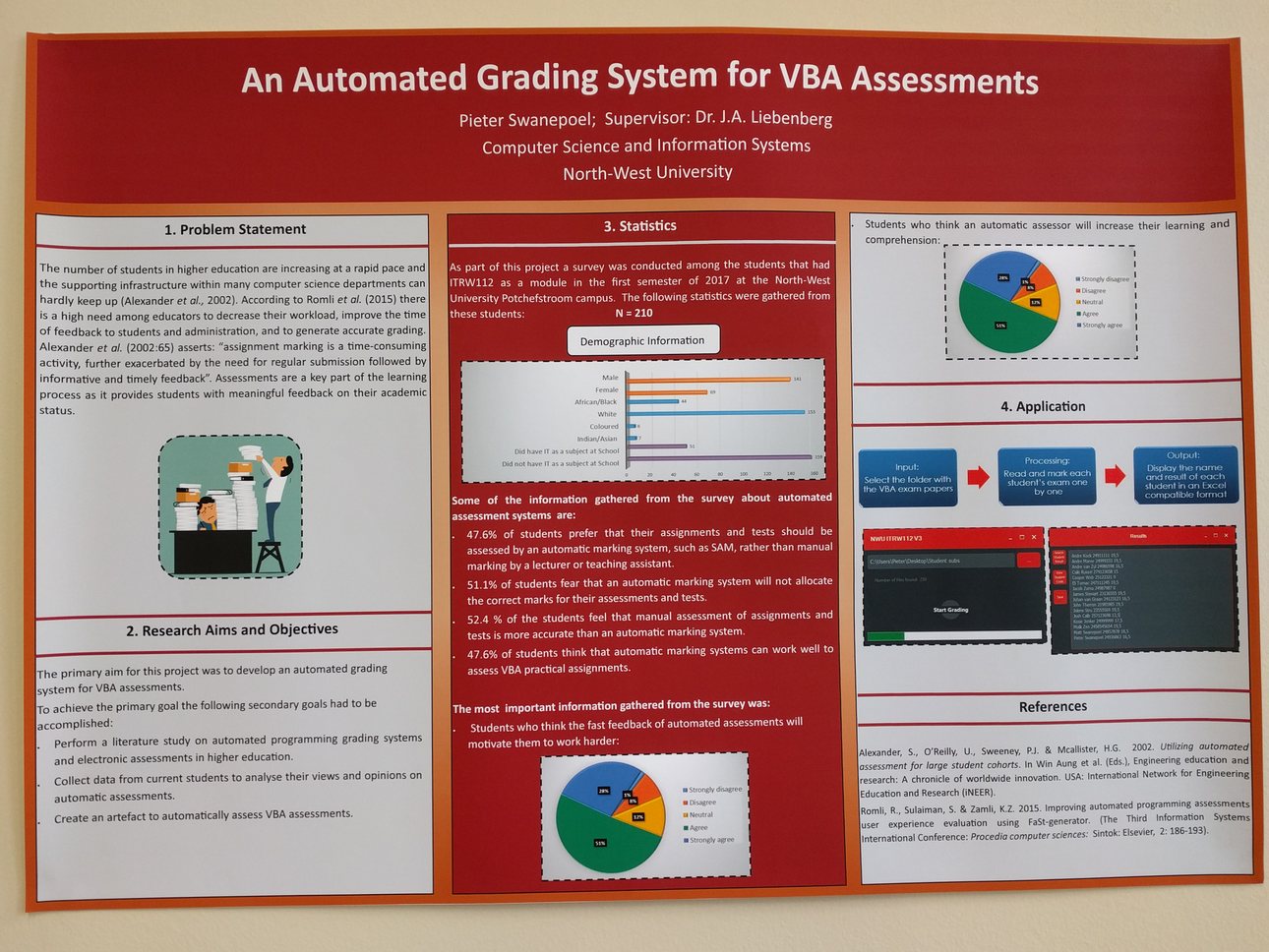Every time a cross-border payment is made by or to a South African citizen or company the South African Reserve Bank (SARB) is informed about the transaction by the banks. The reporting challenge in this regard is twofold. First, the bank must determine if the payment is genuinely cross-border, and thus whether it should be reported. Second, if the payment needs to be reported, the parties involved in the payment as well as the nature of the payment and any additional information required must be provided to the SARB.
Although the SARB’s reporting branch, known as Financial Surveillance (FinSurv), is responsible for determining the rules which dictate whether and how each transaction must be reported, the responsibility for gathering relevant information and implementing those rules currently resides with South Africa’s banks. In addition, the banks need to provide evidence to the SARB that they have looked at all potential transactions.
The fact that most South African citizens are not always aware of these regulatory reporting activities is testament to the effort invested by the banks into making sure the process is as quick and seamless as possible.
The burden placed on the banks to comply with complex and changing regulations is significant. The SARB is aware of this burden and in response is launching a new FinSurv initiative – in part to renew aging systems, but also to look at alleviating this burden. To understand how the SARB proposes to do this, we need to look at three stages of the reporting process that accompany each payment.
- Evaluation determines whether the payment needs to be reported. This should be an automated step in the process and should not rely on experts deciding on a case-by-case basis.
- Validation determines whether all required information has been provided and is accurate. Validation is based on a complex set of rules published by the SARB, which are regularly revised.
- Reconciliation is the accounting procedure that ensures the amount reported coincides with the amount leaving the account.
The FinSurv vision proposed by the SARB seeks to standardise and simplify all three processes by bringing them in-house. This could have significant benefits for the banks, which are currently investing heavily in regulatory compliance, and for the bank’s customers, as these potential savings could be passed on to the consumer.
Everyone who wants to make or receive a payment from abroad will be affected by the revised FinSurv model. For example, if you were to make a payment via your mobile phone, the decisions relating to reporting would be made by the SARB’s evaluation and validation services. This means the architecture adopted by the SARB would impact on your customer experience. Ideally you, the customer, need the payment to continue as intended without being impacted by service-availability problems. In addition, all the banks providing payments services to their clients would need to integrate with these new services and systems.
However, there are a few potential challenges. The first relates to availability of the FinSurv service. Both the evaluation and validation processes apply to payments before they are released and are therefore customer facing – they need to take place before a payment is authorised. The banks realise their customers cannot tolerate delays and therefore carefully design their client-facing channels to minimise any reliance on external systems. The concern is that the proposed FinSurv vision will mandate the use of just such a dependency.
It is unlikely the SARB would be willing to sign service-level agreements (SLAs) with the banks guaranteeing uptime and availability. In addition, it is also unlikely that even such an SLA undertaking would be of any comfort to the banks, and therefore availability concerns would limit the adoption of these services.
The second potential challenge relates to the validation rules implemented and maintained by the SARB. Some of these rules relate to information that only the bank can provide and that clients do not know. Therefore, to make full use of these rules, they would need to be customised for each channel in each of the banks. Unless the SARB can step up to this challenge and provide channel and bank-level rule customisations, the banks may still need to implement their own rules. This would negate one of the key benefits of the proposed FinSurv initiative – SARB-maintained rules that can be easily rolled out to the industry.
The third, smaller challenge, is around reconciliation and relates to the ability to accurately reconcile the most complex possible cross-border transactions. This concern stems from the fact that there is sometimes a many-to-many relationship between the accounting entries and their associated regulatory reports. Automating the reconciliation process is critically important to manage the volumes of transactions experienced at many of the biggest banks.
The concern is that these challenges may not be fully appreciated and therefore not properly addressed. The risk is that the anticipated benefits of this initiative will not materialise. However, the overall vision is impressive and the goal of providing centralised evaluation, validation and reconciliation services is one that, if correctly implemented, can benefit the South African financial services industry and its customers alike.
The SARB responds: The proposed FinSurv initiative is still at an early stage of specification and this article addresses only potential challenges facing this new initiative. This and other feedback from the industry is being taken on board and may be incorporated into the final specifications.






